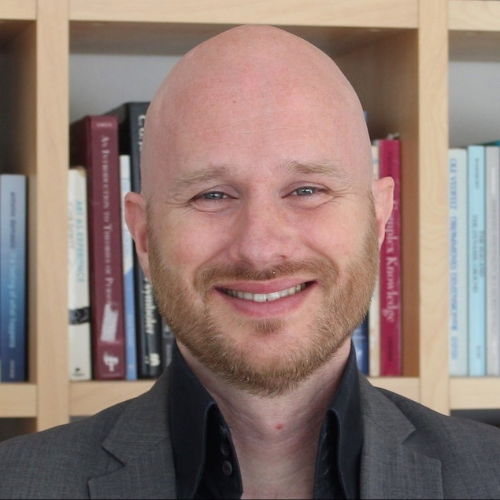Sensing Mind Institute
Transforming Self-Criticism (online course)
learn secret methods for transforming negative self-talk into inner power and unity - so you embrace more of who you are, live more and worry less
Self-criticism is often an unhelpful and counterproductive way of pointing to forgotten or misunderstood resources in yourself
This course reveals a systematic and rigorous approach to working with self-criticism that helps you discover secret resources you didn’t know you had
The course helps you find a natural and effortless sense of confidence, vitality, peace, connectedness, joy and love
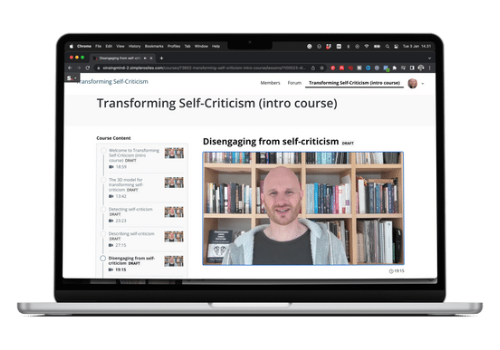
10% off in January with coupon code "embrace"
What you get
- The well-tested 3D model for working with self-criticism
- Two hours of video presentations
- A 22-page coursebook with carefully crafted reflection exercises to help you connect the material to your own personal experience
- A model for understanding how self-criticism functions both at the parts and the systemic level of the personality
- Highly effective methods for transforming destructive self-criticism into effortless self-confidence & supportive self-love
- Over two decades' worth of experience working with clients individually and in groups packed into the course
- A system for working with self-criticism that goes beyond the psychological dimension and far into the spiritual dimension
- Quizzes to help you integrate the material
- Access to a closed Facebook group where you can connect with others who are working with the course and/or the book
- An invaluable resource you can use for your own benefit as well as in your work with clients
Introduction to the course
Course content
In this section, you are introduced to the course and why I made it. And you will get some tips on how you can get the most out of the course. You can also download the 22 page course material that will help you with the reflection exercises.
In this section, you are introduced to the overall framework for working with self-criticism: The 3D model.
This model has three interrelated parts, which all support each other: Detecting, describing and disengaging from self-criticism. Each part will be elaborated in the following videos.
In this section, you will get five ways to detect self-criticism ranging from the most overt to the most subtle forms.
As strange as it may sound, we often criticise ourselves without noticing it. Therefore, it’s essential to continuously work with your capacity for detecting self-criticism – even in its more subtle forms.
In this section, you get a framework for describing self-criticism. Getting familiar with self-criticism by describing it in detail is important for two reasons.
- It makes it easier to detect self-criticism,
- It gives you the depth of understanding you need to turn self-criticism into useful self-awareness.
Disengaging from self-criticism is about changing how different parts of us relate to each other. We often choose criticism because we believe the only alternative is a laissez-faire attitude that will undermine our possibility to achieve things in life.
However, there are many alternatives to either criticism or a laissez-faire lack of ambition & values.
In this section, we will explore how to replace the attitude of criticism with the attitude of appreciation.
In this section, you will hear how you can learn more from Sensing Mind Institute through online courses and educational programs.
What people say about the book and the course
"I love this book! I thought I was fairly well versed in self critic work (my own and with clients) but with this book I've gained so much more. And as self critic work is the necessary foundation for any meaningful spiritual or personal work the book is utterly invaluable. Definitely the best thing out there by far, both in terms of its scope, depth and clarity, and blessedly the lack of filler, repetition, contradiction, etc so often found in such books. A heartfelt thanks to Claus for contributing hugely to my journey and that of my clients."
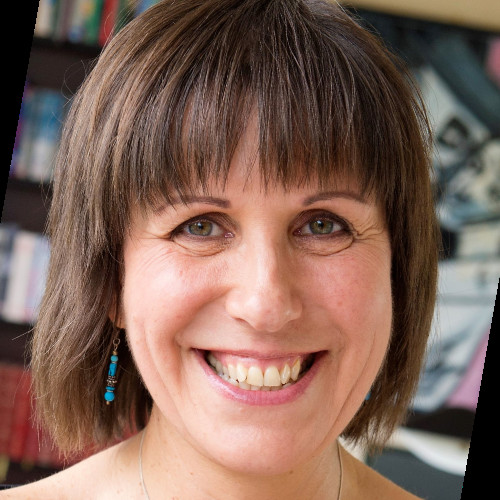
“What did I learn through working with Claus? I began to learn that I have capacities within which are more satisfying and meaningful than the rewards which our society commonly offers. That it is possible to feel peace, joy and contentment as an ordinary human being, and to access the internal support which makes the continuing journey possible”
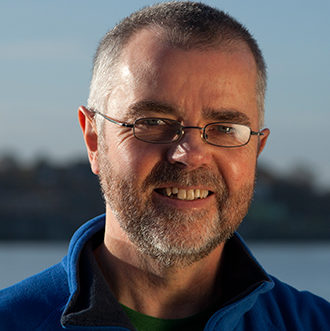
“I am finding the book profoundly helpful. Particularly the clarity and detail around reacting to inner criticism by complying, combating or collapsing. Applying that teaching in detail is revealing so many blind spots and starting to open out parts of my structure which have been blocks and tangles for years!!”
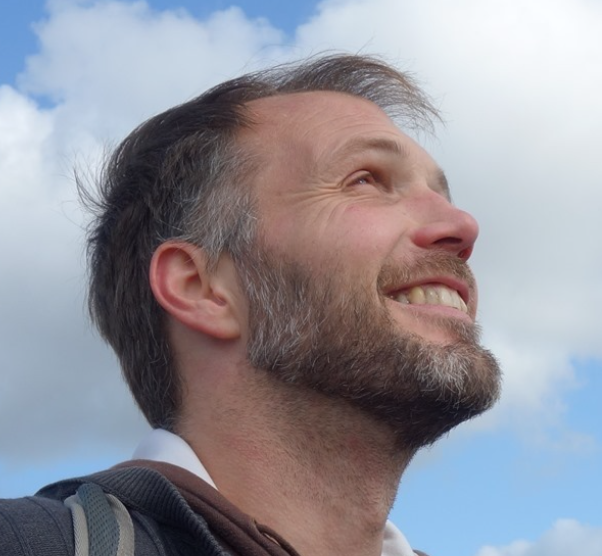
About Claus Springborg
Over the last couple of decades, I have studied various traditional and contemporary paths of personal development. In particular, I have studied the Enneagram with Claudio Naranjo, Tibetan Buddhism with Chökyi Nyima Rinpoche, and the Diamond Logos essence work with Faisal Muqaddam, Jeremy Klein, and Velusia Van Horssen. I also hold a master practitioner degree in NLP.
I did my doctoral research at Cranfield University, the UK. I researched how I could use modern cognitive science to understand the practices of personal development I had learned from the above-mentioned masters. In particular, I used cognitive metaphor theory and theories of embodied cognition. Sixty managers from various organisations participated in the research. The research is published in the book Sensory Templates and Manager Cognition: Art, Cognitive Science and Spiritual Practices in Management Education and in several book chapters and academic papers on topics, such as education, therapy, cognitive science, leadership, and community building.
Today, I have established a school, Sensing Mind Institute, where I teach my methods of personal development to therapists, psychologists, counsellors, managers and others who work professionally with people. Apart from my work with Sensing Mind Institute, I am lecturing on entrepreneurship, community building, and co-creation at Copenhagen Business School and at The Royal Academy of Music in Copenhagen.
I have a background in music, dance, and physics. In my teaching, I emphasise kindness, precision, and humour.
